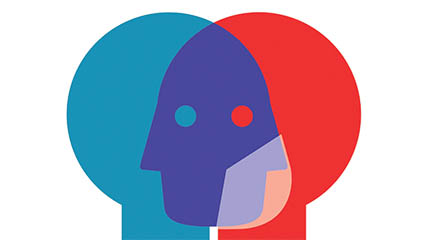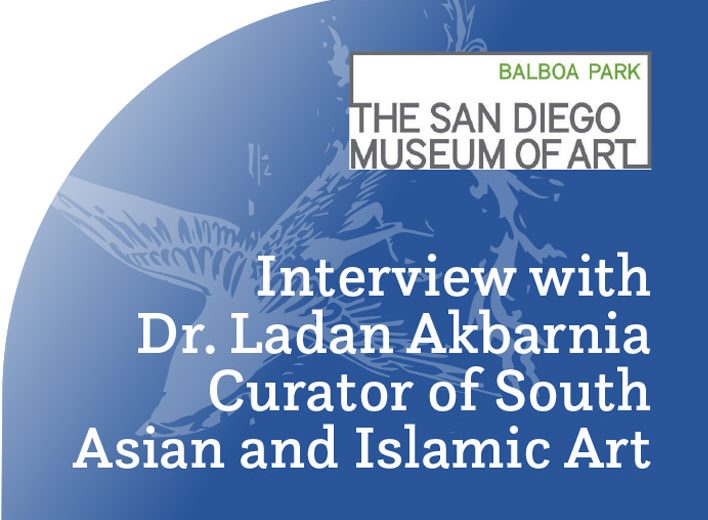INTERESTING TAKES ON MASK WEARING
By Shaghayegh Hanson
 “We are all niqabis now: Coronavirus masks reveal hypocrisy of face covering bans,” is the title of an article written by Katherine Bullock, a lecturer in Islamic Politics at the University of Toronto. Noting the face-covering bans in Quebec and France, she asks whether, having become used to covering their own faces, people in the West will become less prejudiced against Muslim women who observe the niqab.
“We are all niqabis now: Coronavirus masks reveal hypocrisy of face covering bans,” is the title of an article written by Katherine Bullock, a lecturer in Islamic Politics at the University of Toronto. Noting the face-covering bans in Quebec and France, she asks whether, having become used to covering their own faces, people in the West will become less prejudiced against Muslim women who observe the niqab.
Bullock states that, prior to the rise of western liberalism, sometimes European women covered their faces or hair, “but when they did so, it was not associated with something negative.” When Muslim women do the same, whether under colonial rule in the past or in the West today, the practice is seen as “tribal,” “anti-women,” a tool to hide one’s identity, or a barrier to communication. When juxtaposed with the lack of such labels for medical or pandemic-related face covering, the prejudicial nature of western attitudes to the niqab becomes clear—“face politics,” as Bullock refers to it.
Ironically, as Bullock states, “[a]t the same time, we grow up learning our face is something to be manipulated,” such as “’putting on one’s face’ with make-up,” “’facing the world’ through our education and personal grit,” and “cultivating ‘poker face’ to deceive people in cards or lying to parents and teachers.” In learning to “compose” our faces in certain circumstances, “[t]he face is often a mask of our real selves.”
Another article picks up on this thread: “Why some people like wearing masks,” by Alice Robb, writing for the BBC online, discusses the reduction in “emotional labor” that some people have derived from mask wearing. From the introvert who no longer worries about bumping into friends and family while shopping (thereby avoiding awkward interactions) to restaurant servers and retail workers no longer feeling the pressure to “fake-smile” at customers, mask wearing is “freeing up valuable cognitive resources.”
Quoting Ramani Durvasula, a clinical psychologist and psychology professor at California State University, Los Angeles, the article states, “Anonymity carries power. . . . It can feel like trying on a different ‘role’ and the associated expectations of that role, perhaps freeing us of what can feel exhausting and insincere about smiling (especially when we aren’t having a good day).”
However, for people who enjoy mask wearing as a reprieve from stressful social situations, a better long-term solution lies in overcoming the anxiety, not avoiding it.
These articles are definitely worth reading. You will find the links below.


















